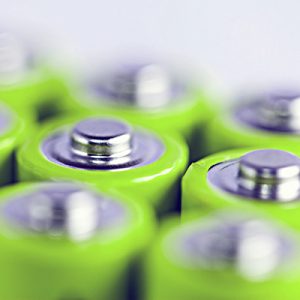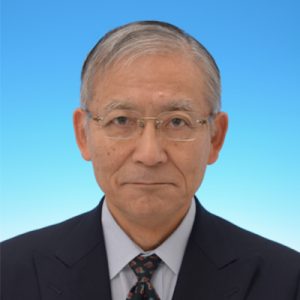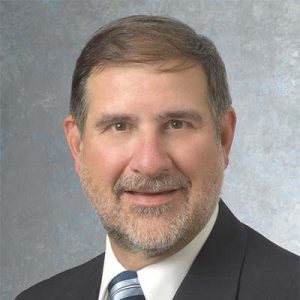Topic Close-up #7
 Symposium A02: New Materials for Next Generation Batteries
Symposium A02: New Materials for Next Generation Batteries
Symposium focus: The next generation of energy storage devices requires new approaches to energy storage that take into account numerous variables that include energy density, safety, calendar life, and costs. While lithium-ion systems can meet many of these demands, new chemistries are emerging that can fill these needs and provide a wide array of opportunity for scientists and engineers that does not require the use of conventional material approaches. This symposium has interests in battery chemistries that store energy using non-intercalation chemistries, such as lithium-sulfur (Li/S) and lithium-air (Li/air) as well as cell design strategies, electrode formation, catalysts, and special electrolytes. In addition, non-lithium containing chemistries, including multivalent (Mg, Ca, Al, Zn)-based systems and Na- or K-ion systems are now gaining momentum as alternatives based on factors that include raw materials cost and the ability to use metal anodes to increase energy density. Besides new cathode materials, graphite alternatives have gained significant traction over the past several years. Specifically, new approaches to silicon, phosphorus, and tin anodes have emerged, as has a renewed interest in lithium metal protection strategies. For this symposium, all subjects on these batteries are solicited. Topics should could include the discovery of new active materials and electrolytes, new methods to discover and isolate active materials, and new approaches to electrode and cell design. Additionally, other areas of interest include electrochemical engineering, new and cell designs, cost modeling, new physical and electrochemical characterization methods, and new concepts for these systems are sought. (more…)
 Topic Close-up #13
Topic Close-up #13








